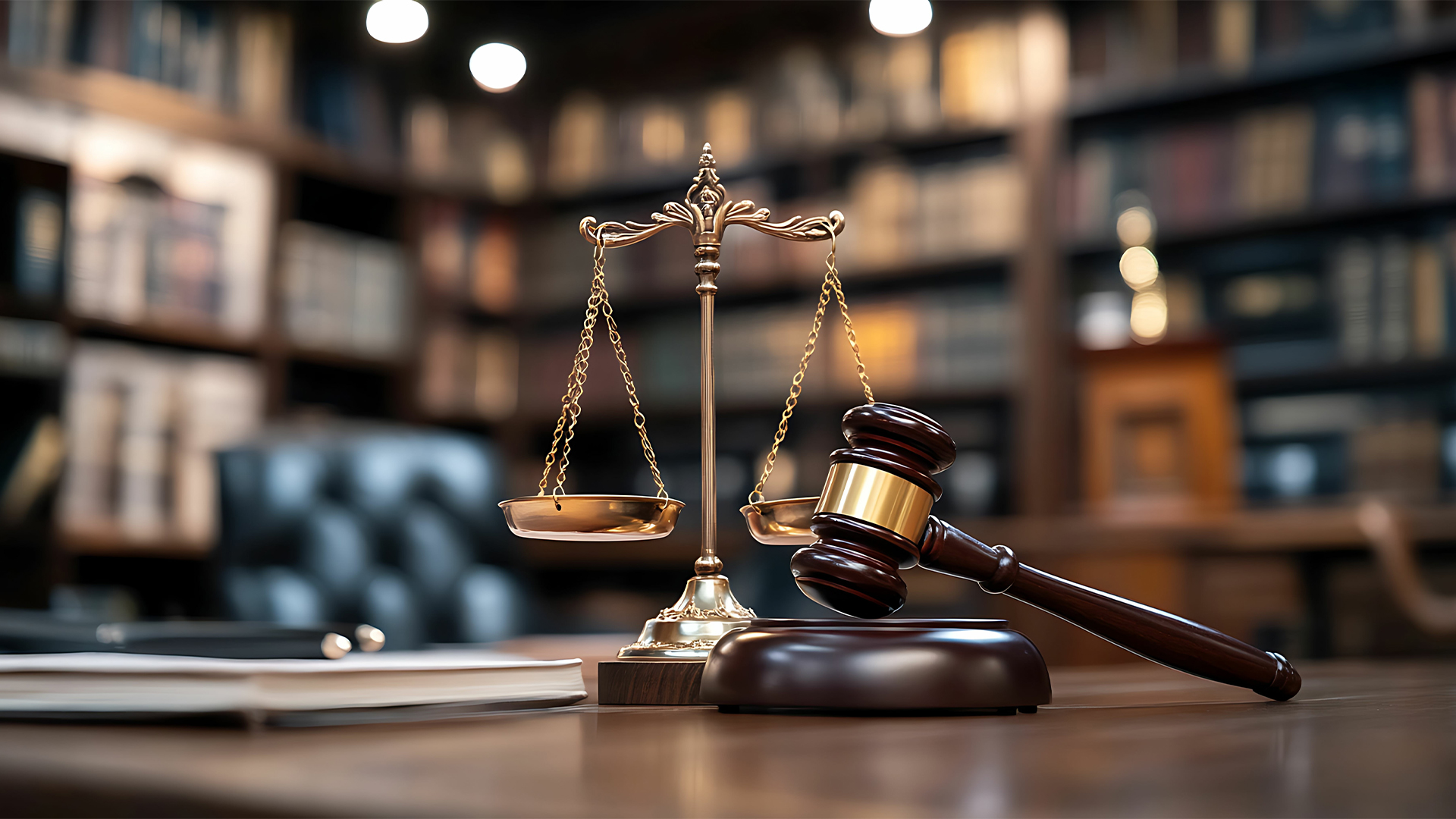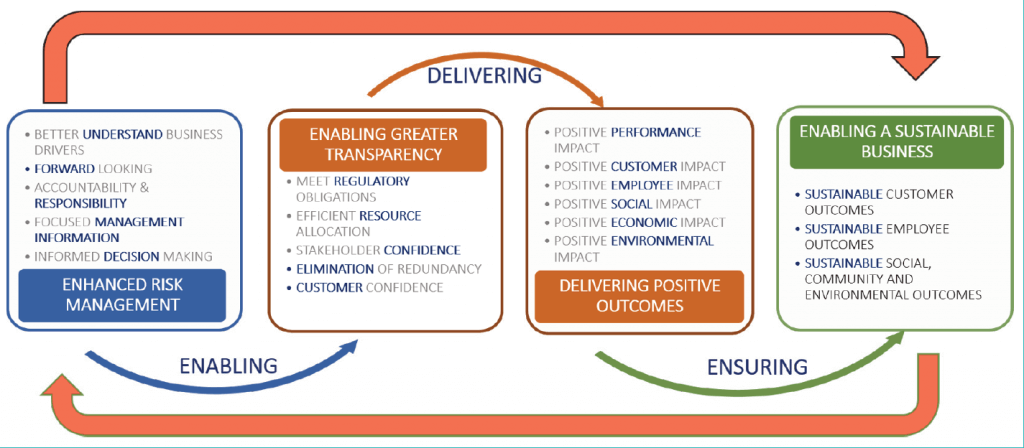
Article by Evan Wright, Partner in Business Crime at JMW Solicitors
Public inquiries are independent investigations launched to address events of public concern. They are designed to examine large-scale failures arising from regulatory breakdowns, corporate misconduct, or systemic injustices, and to propose solutions to prevent their recurrence. These inquiries aim to achieve two interconnected goals: delivering justice for those affected and identifying and addressing systemic issues.
For businesses, the challenges of public inquiries extend beyond the application of scrutiny. They can reveal legal risks, expose weaknesses in governance, and present reputational challenges. However, they also offer opportunities to strengthen operations, demonstrate accountability, and align with higher industry standards.
The Role of Public Inquiries
Accountability for Wrongdoing
A primary function of public inquiries is to establish what happened, why it occurred, and who bears responsibility. For example, the Grenfell Tower Inquiry has focused on identifying accountability for the fire that led to loss of life. By thoroughly examining events, inquiries hold individuals, organisations, and systems accountable for their failings. This process often involves detailed scrutiny of policies, decisions, and actions leading up to the incident under investigation.
Recognition and Closure for Victims
Public inquiries also provide victims and their families with a formal platform to share their experiences. This process validates their grievances and contributes to emotional closure by acknowledging the harm they endured. The Hillsborough Disaster Inquiry exemplifies this role. For decades, families of the victims sought recognition of institutional failings that they believed were responsible for the incident. The inquiry provided a detailed account of what went wrong, offering clarity and validation that had long been denied.
Beyond offering closure, inquiries amplify victims’ voices, ensuring that their accounts inform the findings and recommendations. This connection between victims’ experiences and systemic change is a powerful mechanism for justice.
Facilitating Legal Proceedings
Evidence uncovered during inquiries can lead to criminal or civil proceedings. Findings may identify breaches of the law or other actionable misconduct, triggering further legal remedies for victims or penalties for wrongdoers. For example, the Mid Staffordshire NHS Inquiry revealed poor care standards, leading to regulatory actions and legal claims against those involved. Public inquiries, while not themselves judicial processes, often set the stage for justice through subsequent legal actions.
Tackling Systemic Issues
Identifying Root Causes
Inquiries are not about assigning blame. Their broader purpose is to uncover systemic failings that contributed to the event or issue under investigation. This might involve examining regulatory frameworks, organisational cultures, or industry-wide practices. The Independent Inquiry into Child Sexual Abuse, for instance, exposed pervasive institutional failings that had allowed abuse to persist unchecked for decades. By identifying these systemic issues, inquiries pave the way for meaningful reform.
Recommending Reforms
The recommendations produced by inquiries are among their most impactful outcomes. These suggestions often target legislative changes, policy updates, or improved oversight mechanisms to address identified weaknesses. For example, the findings from the Grenfell Tower Inquiry have already prompted reviews of building safety regulations, with further reforms expected.
While recommendations are not legally binding, they carry significant weight in shaping future governance and regulatory practices. Governments, industries, and organisations are often compelled by public and stakeholder pressure to implement these changes.
Encouraging Organisational Change
In addition to external reforms, inquiries often highlight internal failings within organisations. Whether exposing inadequate training, poor governance, or a culture of non-compliance, inquiries prompt businesses to reassess and improve their operations. Such scrutiny can lead to long-term benefits, including enhanced governance, improved compliance systems, and stronger organisational ethics.
Consequences for Businesses
Public inquiries have profound consequences for businesses, even those not directly implicated in the events under investigation.
Corporate Responsibility
Businesses associated with public inquiries often face intense scrutiny. Whether as participants in the inquiry process or as stakeholders in an affected industry, organisations are expected to demonstrate accountability. Failing to address identified shortcomings or dismissing inquiry findings can lead to reputational damage, regulatory penalties, or a loss of public trust.
Strengthening Internal Practices
For businesses, inquiries highlight the importance of proactive governance and compliance. By reviewing policies and practices, conducting internal audits, and addressing vulnerabilities, organisations can reduce their exposure to risks uncovered during inquiries. This approach not only mitigates legal and reputational threats but also builds resilience against future challenges.
Shaping Industry Standards
Inquiries frequently result in elevated industry standards, often by reshaping regulatory frameworks. For example, findings from inquiries into financial misconduct have led to stricter regulations on reporting, accountability, and transparency. Businesses that align quickly with these evolving standards can position themselves as leaders, gain competitive advantages and foster trust among stakeholders.
Challenges of Public Inquiries
While public inquiries serve important roles in delivering justice and addressing systemic issues, they also face limitations. Inquiries are often criticised for their lengthy timelines, which can delay justice or the implementation of reforms. For businesses, extended inquiries can prolong uncertainty and reputational risks, complicating decision-making and operational planning. Also, inquiry recommendations, while influential, are not enforceable by law. Their implementation often depends on the willingness of governments, regulators, and organisations. Delayed or incomplete adoption of recommendations can reduce the inquiry’s impact.
Finally, inquiries may intersect with parallel criminal or civil cases. This overlap can complicate both processes, requiring careful management to avoid conflicts between the inquiry’s fact-finding mission and the procedural requirements of legal proceedings.
How Businesses Can Engage Effectively
Public inquiries present challenges, but businesses can engage proactively to mitigate risks and align with best practices.
Participate Transparently
Businesses involved in public inquiries should engage constructively, cooperate fully and provide accurate evidence. Transparency demonstrates accountability and commitment to addressing systemic issues, helping to protect reputations and build trust. However, engagement needs to be undertaken with care to avoid disclosing information outside the scope of the inquiry, or creating data protection issues.
Implement Inquiry Recommendations
Inquiry findings often provide a roadmap for improvement. Businesses should treat these recommendations as opportunities to strengthen governance, even if they are not directly implicated in the inquiry.
Foster a Culture of Accountability
Organisational change often starts with culture. By fostering an environment of transparency, ethical behaviour, and proactive risk management, businesses can position themselves to respond effectively to external scrutiny and prevent future failings.
Public inquiries serve as powerful tools for achieving justice and tackling systemic issues. They provide accountability, recognition for victims, and actionable recommendations for reform. For businesses, inquiries offer an opportunity to reflect, improve, and align with elevated standards of governance and responsibility. By engaging transparently, addressing vulnerabilities, and learning lessons, businesses can not only mitigate risks but also contribute to a culture of accountability and progress. Engaging with an inquiry can be a daunting process and specialist legal advice will help participants navigate the various steps towards a positive outcome.




















